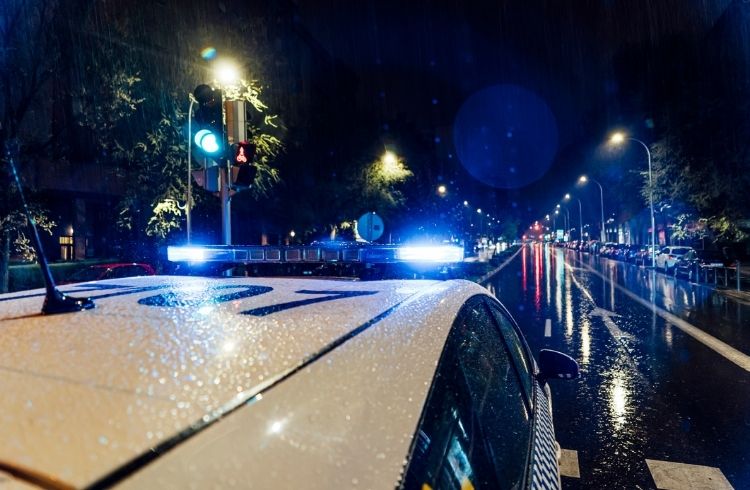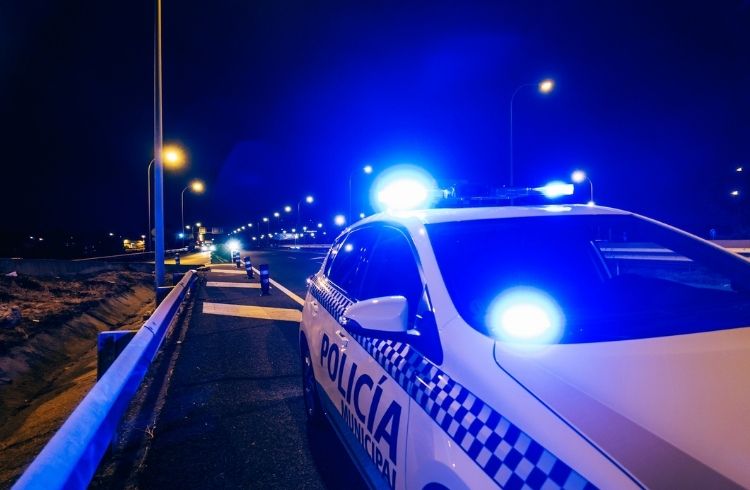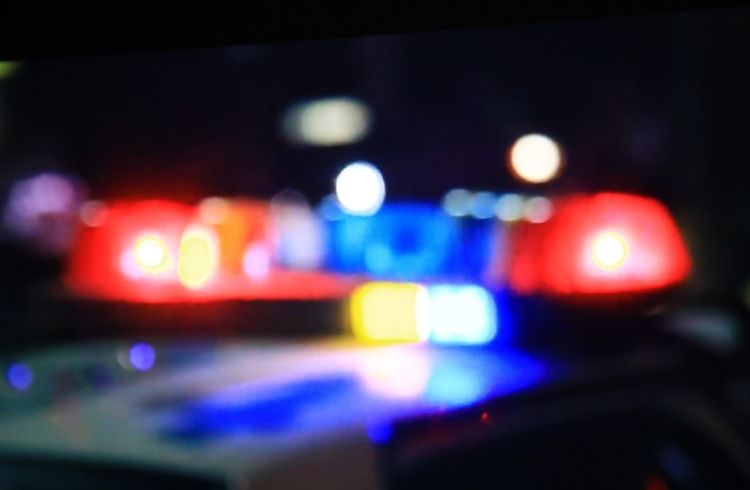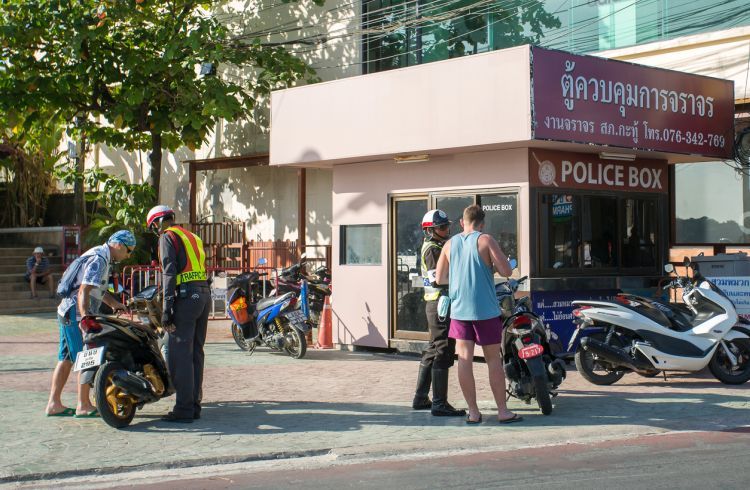How to Deal With Corrupt Police While Traveling Abroad
When you travel, your rights in your own country don't travel with you, and this can become challenging if you meet a police officer who isn't on your side.
 Photo © Getty Images/Westend61
Photo © Getty Images/Westend61
- Be prepared before you travel abroad
- What to do if you encounter a corrupt police officer while traveling
- What you should not do when dealing with a corrupt police officer while traveling
- Corruption is in the eye of the beholder
Be prepared before you travel abroad
A survey by Index Mundi provides a subjective scale (from 1 to 10) of how citizens in a list of 100 countries measured the level of police corruption in their country.
While there is not much a traveler can do about corrupt police in their destination, awareness of the local conditions and sensible preparation could prevent an already uncomfortable situation from worsening.
You can get through an encounter with corrupt police by educating yourself on local conditions and following a few rules of diplomacy and ego-stroking. Also, the best advice is to control your indignation and be respectful and pleasant.
Before traveling oversea, do some research on the organization of the police force in the countries you are visiting. For example, metropolitan police in developing countries tend to be the worst paid and poorly trained. Some may augment their meagre incomes by extortion and bribery.

What to do if you encounter a corrupt police officer while traveling
If you are stopped or detained by a foreign police agent, consider the following strategies:
Just speak English (even if you know the local language)
Local police officers may not speak English. Even if you're a native speaker, stick with English. Often, if the officer cannot handle the transaction, he'll give up and go searching for someone else to fleece.
Be nice and don't escalate the situation
Sometimes it's best just to agree to pay the 'fine' and move on. The last think you want to do is to escalate the situation. Some other helpful tips to fight extortion by a corrupt police officer include carrying only a small amount of cash before you go out walking or driving, hiding your cash and credit cards in a safe place, and if you're stopped, make it clear the small amount of cash in your wallet is all you have. If the cop is corrupt, he'll take the small amount and leave.
Also, by humbly admitting you did commit whatever violation the officer is accusing you of and accepting the officer's "kind assistance," you'll stroke the ego and may get out of the situation.
Important: Do not offer a bribe. Ironically, in most countries, bribery is against the law. Instead, agree to "pay the fine" the officer imposes.
Insist that you go the local police station to pay your fine
This might sound counterintuitive, but if the police officer is looking for an easy mark, he can't get the money at the station. If the police officer backs down and offers to accept a fine on the spot, you should still insist on going to the station to get an official record of the transaction. Often, the police officer won't want to go through the hassle of leaving his beat and going to the station and will let you off with a warning.
What you should not do when dealing with a corrupt police officer while traveling
Don’t act tough or question the officer’s authority
The officer may occupy a low station in local society, but one of the perks of the position is authority over others, a feeling of power and importance—and the ability to make money on the side.
So, playing "king of the mountain" with a foreign police officer is a losing game. If you become verbally abusive and threaten to cause an international incident, plan on being arrested for verbal (or even physical) assault.
Don’t be impatient or say you have to be somewhere else
Expect a corrupt policeman's eyes to light up like a slot machine when he learns that you are on a deadline. You immediately become hostage to his arbitrary power to detain you, with the resulting motivation to pay up and get on your way.

Corruption is in the eye of the beholder
Police corruption notwithstanding, as a foreigner, you are also subject to the country's laws and different approaches to civil rights. If you're arrested in France, for example, you can expect long pre-trial detention, where, according to the U.S. State Department, "some suspects spent many years in detention before trial. As of July (2020) pretrial detainees made up 34 percent of the prison population".
French citizens, however, don't seem to worry much about police corruption. When asked to rate on a scale of 1 to 10 how big a problem is police corruption in their country, the average response was 3.74.
And that highlights another problem that you, as a foreign traveler, might encounter: locals may not care much for the welfare of foreign visitors and may accept police corruption as a fact of life.
Related articles
Simple and flexible travel insurance
You can buy at home or while traveling, and claim online from anywhere in the world. With 150+ adventure activities covered and 24/7 emergency assistance.
Get a quote
